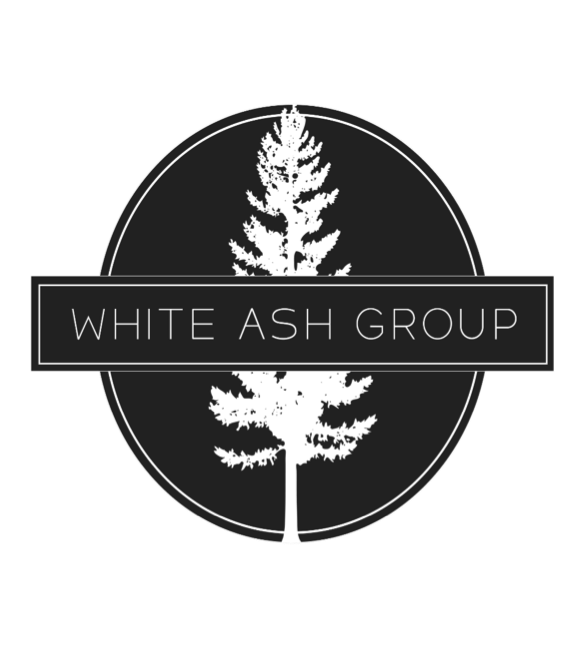7 Questions to Ask Your Recruiter
When job seekers think about recruiters, they often see them as gatekeepers—just another step in the hiring process. But in reality, recruiters can be one of your greatest assets in landing the job you want.
A recruiter’s job isn’t just to screen candidates; it’s also to ensure that the right person gets hired. That means they have valuable insights into the company, the role, and even the hiring manager’s preferences—information that can give you a significant advantage.
Instead of treating a recruiter call as a formality, approach it as a strategy session. By asking the right questions, you can gain inside knowledge, prepare effectively, and position yourself as the strongest candidate.
Here are seven key questions to ask a recruiter before your interview:
1. What’s the biggest challenge this role is solving?
Every job exists for a reason—typically because there’s a problem that needs solving. Understanding that core challenge allows you to position yourself as the best solution.
For example, if a company is hiring a marketing manager, the challenge might be that they need someone to improve lead generation. If it’s a product manager role, they might be struggling with feature prioritization.
By uncovering this, you can tailor your answers in the interview to directly address their needs. Instead of just listing your skills, you can showcase how your experience solves their exact problem.
2. What does the hiring manager value most in a candidate?
Not all hiring managers prioritize the same qualities. Some focus heavily on technical skills, while others prioritize leadership, adaptability, or cultural fit.
By asking this question, you can identify the most important traits and ensure that you highlight the right aspects of your experience during the interview.
For example, if the hiring manager values strong collaboration, you’ll want to emphasize your ability to work cross-functionally. If they prioritize problem-solving, you’ll want to prepare stories that showcase your critical thinking.
This question helps you focus on what truly matters to the decision-maker—not just what’s listed in the job description.
3. What’s the company’s top priority right now?
Beyond the role itself, it’s important to understand the broader context of what’s happening in the company. Are they expanding into new markets? Are they restructuring teams? Are they prioritizing innovation or cost-cutting?
Aligning your interview responses with the company’s current focus makes you stand out as someone who understands the bigger picture. It also shows that you’re not just looking for any job—you’re genuinely interested in how you can contribute to their success.
4. What should I expect in [X round] of the interview?
Each stage of the interview process serves a different purpose. Some rounds focus on technical skills, others on behavioural assessments, and some may be geared toward cultural fit.
By asking what to expect in each round, you can prepare strategically. For example:
If the next interview is a technical round, you know to focus on coding challenges, case studies, or problem-solving exercises.
If it’s a cultural fit interview, you can expect questions about teamwork, leadership, and values.
If it’s with an executive, you’ll want to be ready to talk about high-level strategy and vision.
Knowing in advance what the interviewer is looking for allows you to prepare relevant examples and approach the interview with confidence.
5. Can you walk me through the interview process?
Every company has a different interview process, and understanding it upfront helps you manage expectations and plan accordingly.
Some companies have a straightforward two-round interview process, while others may have five or more rounds, including panel interviews, take-home assignments, and final executive approvals.
By getting clarity on the process, you can:
✔️ Plan your schedule and preparation timeline.
✔️ Avoid surprises or last-minute stress.
✔️ Understand where you stand at each stage.
6. What’s the hiring manager’s working style or preferences?
Building rapport with the hiring manager can make a big difference in the interview process. Small insights into their leadership style, communication preferences, or decision-making approach can help you establish a connection.
For example, if the hiring manager values direct communication, you can be more concise and to the point in your responses. If they appreciate detailed storytelling, you can frame your answers with more context.
These small adjustments can help you resonate with the interviewer and leave a strong impression.
7. What’s the salary range for this role?
Salary discussions can feel uncomfortable, but it’s important to have transparency early in the process. By asking about the salary range, you:
✔️ Ensure the role aligns with your expectations.
✔️ Avoid wasting time on interviews for a job that doesn’t meet your compensation needs.
✔️ Set yourself up for stronger negotiations later.
Many recruiters are open about salary ranges, and it’s completely reasonable to ask. If they hesitate, you can phrase it as:
"Can you share the general salary range for this position to ensure we're aligned before moving forward?"
This way, you approach the topic professionally and position yourself as a candidate who values transparency.
Final Thoughts: Use the Recruiter’s Insights to Your Advantage
Most candidates go into interviews hoping to impress. The best candidates go in knowing exactly how to win.
By asking the right questions, you gain valuable insights that help you:
✅ Tailor your responses to what truly matters.
✅ Prepare for each stage of the interview effectively.
✅ Build rapport with the hiring manager.
✅ Avoid surprises and approach salary negotiations with confidence.
Recruiters have insider knowledge—use it wisely.
Next Steps: Prepare for Your Recruiter Call
If you have a recruiter call coming up, take 5 minutes to write down these questions. The more information you gather now, the more prepared you’ll be for the interviews ahead.
And if you know someone currently job hunting, share this post to help them approach their next recruiter call like a pro!
